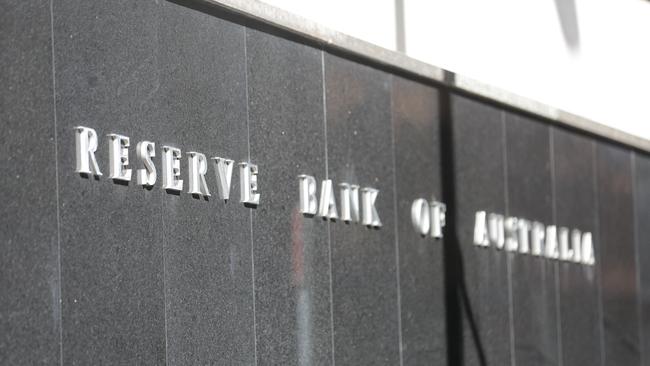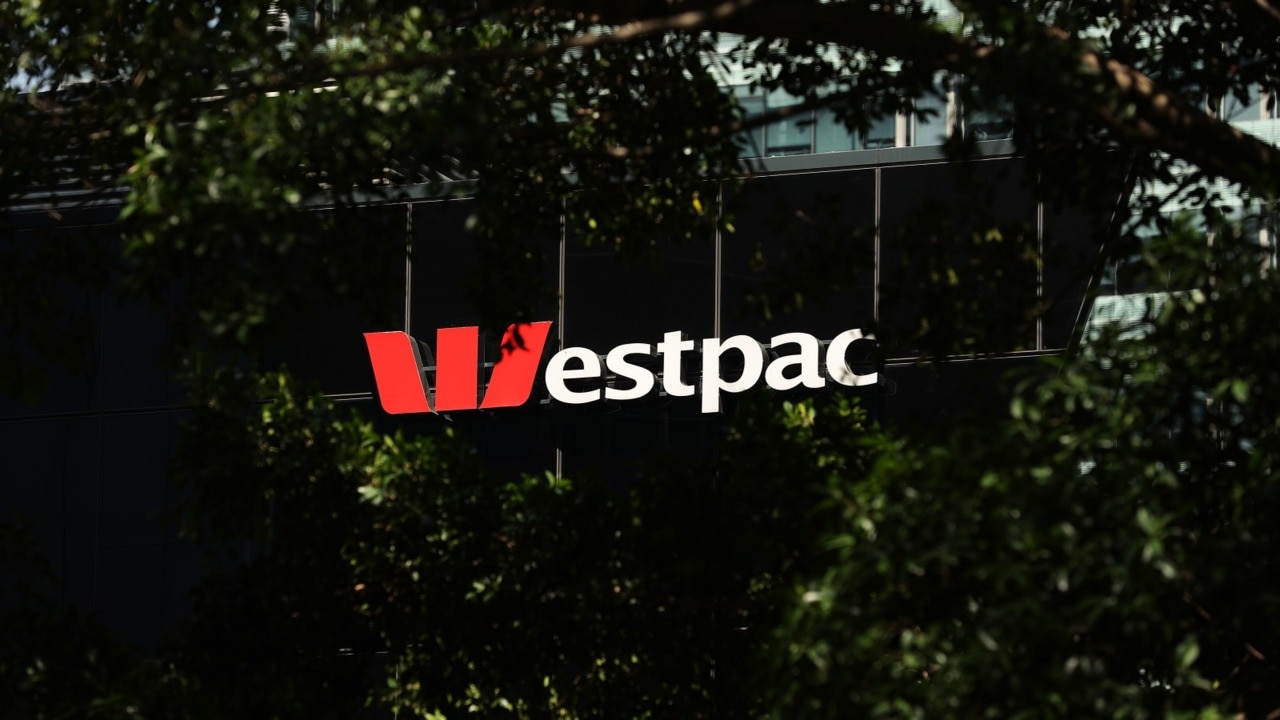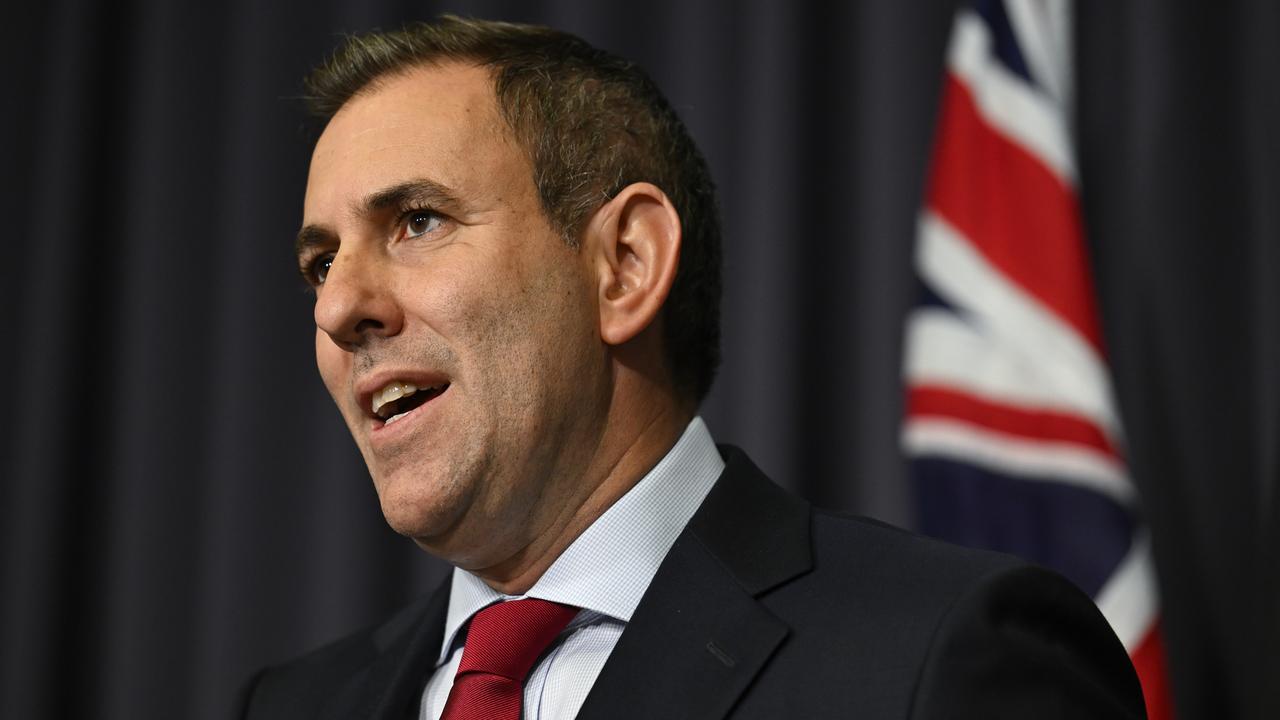Households in ‘mortgage prison’, says RBA
Sharply higher interest rates and further property price falls will leave about half a million households stuck in ‘mortgage prison’, Reserve Bank analysis shows.

Sharply higher interest rates and further property price falls will leave about half a million households stuck in “mortgage prison” and unable to refinance to cheaper loans, according to Reserve Bank analysis.
Documents released under Freedom of Information laws reveal that up to one in three of more than three million mortgaged home owners could be stuck with uncompetitive loans in a “downside scenario” modelled by the central bank where rates climb by one percentage point to 4.6 per cent, and property prices sink a further 20 per cent.
Amid stiff lender competition to attract customers, a record $19.3bn in loans was refinanced last November, according to the Australian Bureau of Statistics, and has remained high at $18.6bn in January.
Ten straight rate hikes since May last year have pushed the cash rate from 0.1 per cent to 3.6 per cent. A substantial portion of borrowers, particularly those who have rolled off historically low fixed rates, face 40 per cent jumps in their regular repayments.
The RBA analysis – provided as part of briefing documents to governor Philip Lowe and deputy governor Michele Bullock ahead of their appearance before parliamentary committees on February 15 and 17 – suggests rate rises and property price falls will hamstring Australians’ capacity to offset climbing repayments by securing a better deal.
The 3.5 percentage points in rate rises already delivered over the past 10 months meant 16 per cent of borrowers would not be able to pass a serviceability test with a new lender should they try to refinance, the research showed.
As property prices have fallen, the loan-to-valuation ratios for some borrowers would have crept above 80 per cent, and the extra cost of having to refinance with lenders’ mortgage insurance meant refinancing “yielded little to no economic benefit”, the central bank documents say.
Another 10 per cent drop in property prices from December levels would condemn a further 6 per cent of households to mortgage prison, bringing the total share of home loans unable to refinance in this “baseline” scenario of higher rates and lower home values to 22 per cent.
In a “downside” scenario, however, where rates reach 4.6 per cent – a level financial markets considered plausible mere weeks ago – combined with a 20 per cent drop in home prices, then 32 per cent, or about one million households, would be unable to get a better deal.
The analysis said “newer loans and FHBs (first-home buyers) are most vulnerable to refinancing constraints”.

While 16 per cent of all outstanding home loans in the baseline scenario would fail a serviceability assessment under the baseline scenario, the share jumped to above 20 per cent for first-time borrowers and new loans. In the downside scenario that rates rise to 4.6 per cent (and before considering property price falls), the proportion of FHBs and new loans that wouldn’t pass a refinancing application would be as high as 30 per cent, the research showed.
RBA assistant governor Chris Kent in a speech on Monday said fewer than half of the cash rate increases have been passed on to borrowers, pointing to a more delayed than usual impact of tighter monetary policy on economic activity.
“Since last May, the average outstanding mortgage rate across all loans has increased by around 110 basis points less than the cash rate. More than half of this difference owes to the effect of fixed-rate mortgages that haven’t yet rolled on to higher interest rates,” Dr Kent said.








To join the conversation, please log in. Don't have an account? Register
Join the conversation, you are commenting as Logout